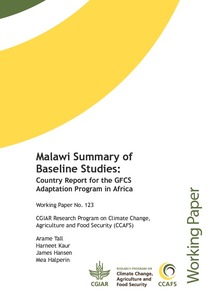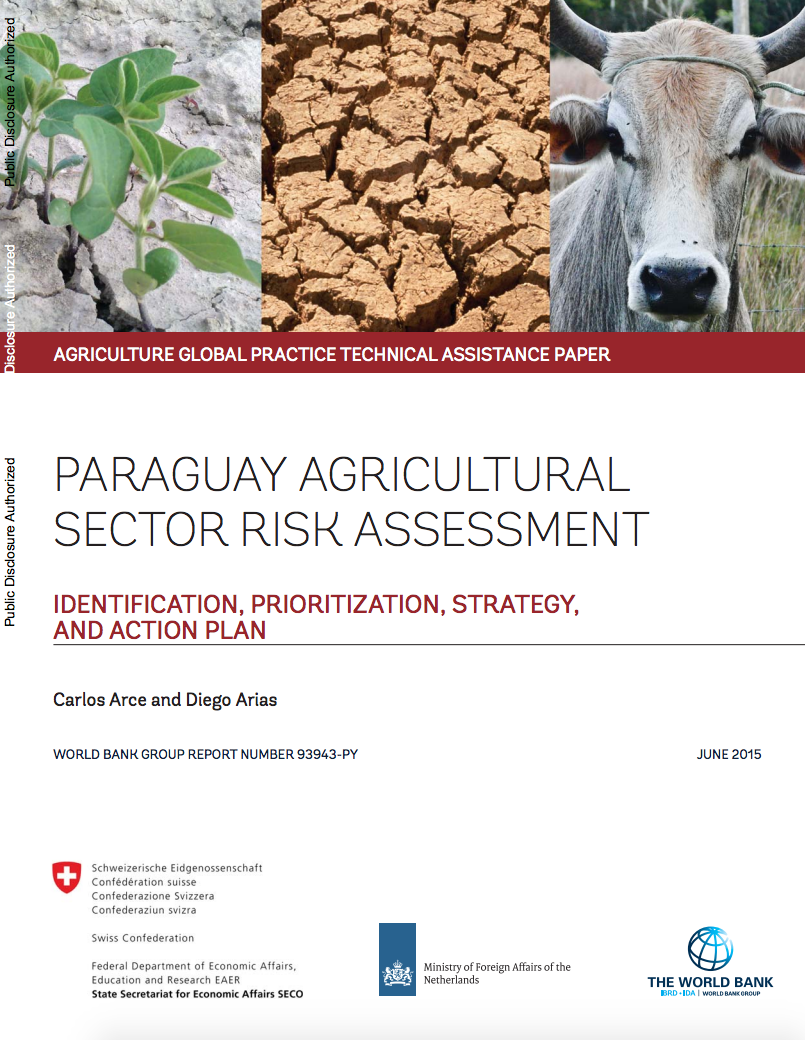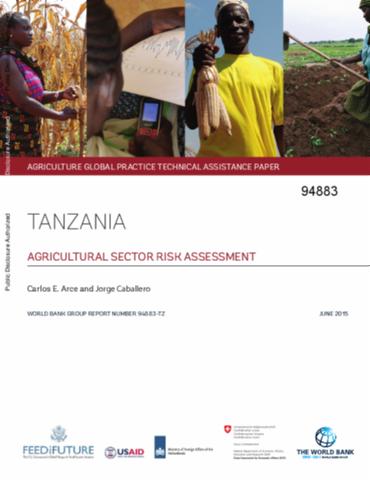Costs and Benefits of Land Fragmentation
This paper disentangles different
aspects of land fragmentation and its impact on the
efficiency of resource use. The paper uses information on
the incidence of crop shocks to assess whether fragmentation
provides benefits in reducing risk and parcel coordinates
and terrain-adjusted travel times between parcels to more
precisely account for the associated costs in 2010/11 data
from Rwanda. While fragmentation increases the time required






